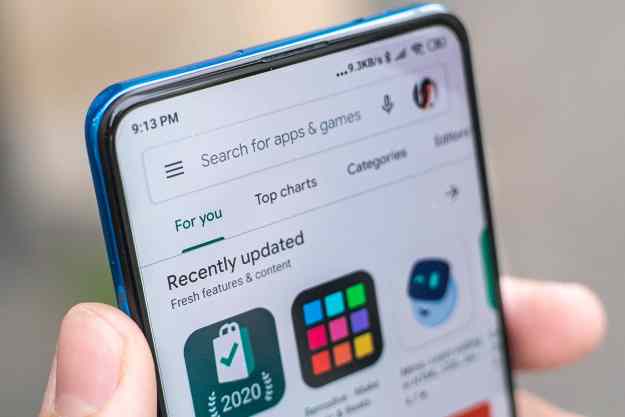Google is cracking down on app makers who have been evading Android’s app store tax. The company has updated its policy to enforce the 30% cut it requires developers to pay if they want to sell and distribute their apps on the Google Play Store.
This isn’t a new development. But over the years, many companies like Spotify, due to Google’s lax guidelines, have managed to circumvent this tax by offering their own payment systems.
Starting September 30 next year, however, Google will mandate the use of its own in-app billing interface. In addition to the upfront fee premium apps charge, this also applies to just about anything else you’d pay for inside an app such as virtual currencies on games, subscriptions to a fitness or education service, and more.
Google says about 3% of apps on its Play Store sell digital goods and out of that, 97% already take advantage of Google’s payment solution. With this policy update, the company is targeting that remaining 3% of developers.
“We only collect a service fee if the developer charges users to download their app or they sell in-app digital items, and we think that is fair,” Sameer Samat, Vice President of Product Management at Google wrote in a blog post. “Not only does this approach allow us to continuously reinvest in the platform, but this business model also aligns our success directly with the success of developers.”
App makers are still free to offer any payment solutions they want if they’re distributing through third-party app stores. Google says, for the next Android 12 release next year, it’s also working toward making it easier for people to download and install apps from app stores without compromising the safety measures Android has in place.
App store tax has become a contentious topic after Epic Games, the gaming studio behind Fortnite, sued Google and Apple for their alleged unfair and anti-competitive policies. Earlier this month, a handful of leading app makers including Spotify, Match Group (Tinder), Epic Games, and more formed a coalition to tackle Apple’s monopolistic App Store control and push for more developer-friendly guidelines such as a reduced in-app purchase tax. While Google, thanks to its relatively relaxed rules, has been able to largely remain out of this pushback, this new update may drag the company right back into it.
Editors' Recommendations
- Google is paying a $700 million fine, and you’re getting some of it
- Someone’s selling a Google Pixel Tablet months before its release date
- App subscription fatigue is quickly ruining my smartphone
- Google’s Android monopoly finds its biggest challenge, and Apple might be next
- Google overhauls its Family Link app for easier parental controls




